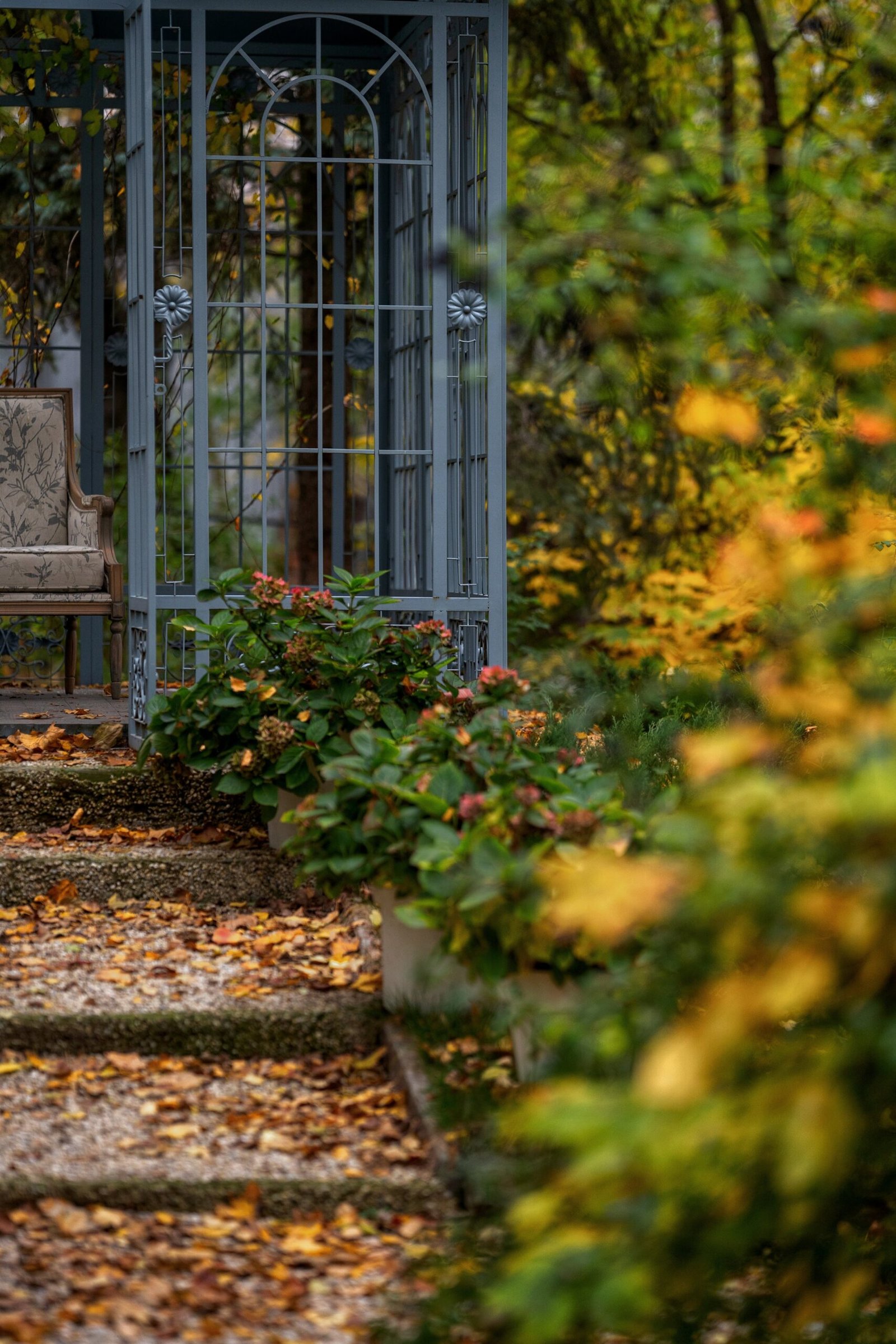
Living in an urban area doesn’t mean you have to miss out on the joys of beekeeping. In fact, there are numerous benefits to rooftop beekeeping in urban areas that can make a positive impact on both the environment and the community. From promoting pollination to producing local honey, rooftop beekeeping offers a sustainable solution to support biodiversity and educate others about the importance of bees. However, before embarking on this buzzing adventure, there are a few key considerations that need to be taken into account.
Benefits of Rooftop Beekeeping in Urban Areas
Urban beekeeping has gained popularity in recent years as a sustainable and rewarding practice. Rooftop beekeeping, in particular, offers numerous benefits for both the environment and the community. From increased pollination to economic opportunities, here are ten key reasons why rooftop beekeeping is advantageous in urban areas.
1. Increased Pollination
1.1. Importance of Pollination in Urban Areas
Pollination plays a crucial role in the growth and reproduction of plants. In urban areas, where green spaces may be limited, bees and other pollinators are essential for maintaining healthy gardens and green spaces.
1.2. Rooftop Beekeeping and Pollinator Health
By keeping beehives on rooftops, you can provide a safe habitat for bees, ensuring their well-being and promoting pollinator health. Creating an environment conducive to pollination helps urban gardens thrive and contributes to the overall sustainability of the ecosystem.
1.3. Positive Impact on Urban Gardens and Green Spaces
Urban gardens often struggle with low pollination rates due to limited access to pollinators. Rooftop beekeeping addresses this issue by increasing the presence of bees in urban areas, resulting in improved yields and healthier plants. This, in turn, enhances the visual appeal and productivity of urban landscapes.
2. Local Honey Production
2.1. High-Quality Honey Production
Rooftop beehives offer ideal conditions for producing high-quality honey. Urban areas tend to have a diverse range of flowering plants, resulting in unique and flavorful honey variations. The absence of pesticides and the limited exposure to pollutants found in rural areas contribute to the purity and superior taste of locally produced honey.
2.2. Unique Flavors and Characteristics
Urban honey often showcases distinct flavors derived from the variety of nectar sources available in the city. The eclectic mix of flowers, trees, and shrubs prevalent in urban areas grants honey produced on rooftops a diverse and vibrant taste profile, appealing to food enthusiasts and connoisseurs.
2.3. Support for Local Beekeepers and Apiaries
Rooftop beekeeping encourages the development of local beekeeping communities and apiaries, providing support and resources for beekeepers. By purchasing honey produced locally, consumers contribute to the sustainability and growth of these beekeeping operations, bolstering the local economy.

3. Improved Biodiversity
3.1. Creation of Habitat for Bees and Other Pollinators
Rooftop beehives act as mini sanctuaries for bees and other pollinators, offering them a safe haven and a source of sustenance. By creating habitats in urban areas, rooftop beekeeping helps maintain and support bee populations, contributing to the overall biodiversity and ecological balance of the city.
3.2. Preservation of Native Plant Species
Urban environments often face challenges in preserving native plant species. The presence of beehives on rooftops aids in the propagation of indigenous plants by facilitating cross-pollination. This, in turn, helps maintain the genetic diversity of flora and protects the heritage of local plant species.
3.3. Enhanced Wildlife and Insect Diversity
The presence of bees and other pollinators in urban areas attracts a variety of wildlife and insects. Birds, butterflies, and other beneficial insects are enticed by the abundance of floral resources provided by bees. Rooftop beekeeping, therefore, contributes to the overall ecosystem by encouraging the flourishing of diverse flora and fauna.
4. Educational Opportunities
4.1. Hands-On Learning Experience
Rooftop beekeeping presents an exceptional hands-on learning experience for individuals of all ages. Observing the intricate workings of a beehive and understanding the bees’ role in the ecosystem fosters a deeper appreciation for nature and the environment. This interactive platform encourages curiosity, active participation, and deeper learning.
4.2. Understanding the Role of Bees in Ecosystems
By engaging in rooftop beekeeping, communities gain a greater understanding of the critical role bees play in the pollination process and the overall health of ecosystems. This knowledge is invaluable in promoting sustainable practices and raising awareness about the importance of pollinator conservation and habitat preservation.
4.3. Environmental Education for Schools and Communities
Rooftop beekeeping provides an excellent opportunity for schools and community organizations to incorporate environmental education initiatives. Establishing educational programs centered around beekeeping not only enriches the curriculum but also teaches valuable life skills, nurturing a sense of environmental responsibility and stewardship.

5. Community Engagement
5.1. Promotion of Environmental Awareness
Rooftop beekeeping initiatives serve as catalysts for promoting environmental consciousness within local communities. By actively involving residents, businesses, and local organizations, these projects create a shared sense of responsibility towards sustainability and encourage eco-friendly practices.
5.2. Collaboration and Volunteer Opportunities
Urban beekeeping fosters collaboration among community members, with opportunities for beekeeping workshops, hive maintenance, and other related activities. Engaging in shared responsibilities and volunteering cultivates a sense of belonging, strengthens community bonds, and empowers individuals to make a positive impact on their surroundings.
5.3. Social and Cultural Integration
Rooftop beekeeping acts as a social catalyst, bringing diverse groups of people together and fostering cultural integration. This shared experience creates a positive and inclusive environment, breaking down barriers and bridging gaps between communities, ultimately contributing to the social fabric of the city.
6. Therapeutic Effects
6.1. Beekeeping as a Stress-Relief Activity
The practice of beekeeping has been proven to have therapeutic effects on beekeepers. The rhythmic hum of the bees, the calm and methodical nature of hive inspection, and the connection with nature all contribute to stress reduction and improved mental well-being.
6.2. Positive Impact on Mental Health
Engaging in rooftop beekeeping can have a positive impact on mental health, providing a sense of purpose and boosting self-esteem. The satisfaction derived from nurturing bees, witnessing their growth, and being a part of a sustainable community initiative can significantly improve overall mental and emotional resilience.
6.3. Therapeutic Gardening and Beekeeping Programs
Rooftop beekeeping can be integrated with therapeutic gardening programs, creating a harmonious environment that maximizes the healing potential of nature. These programs offer therapeutic benefits to individuals facing physical or mental health challenges, fostering growth, well-being, and a renewed sense of purpose.

7. Sustainable Agriculture
7.1. Enhanced Crop Yields
Rooftop beehives dramatically enhance crop yields in urban gardens and urban farming initiatives. Bees’ pollination services substantially increase fruit and vegetable production, helping meet the growing demand for locally sourced, fresh, and organic produce.
7.2. Reduced Dependency on Synthetic Pollination Methods
By relying on rooftop beehives as natural pollinators, urban farmers reduce their dependence on synthetic pollination methods. This reduction in the use of artificial pollination decreases the environmental footprint associated with agricultural practices and supports a more sustainable approach to food production.
7.3. Integration with Urban Farming Practices
Rooftop beekeeping seamlessly integrates with urban farming practices, enabling a holistic and sustainable approach to agriculture. The symbiotic relationship between bees, plants, and urban farmers fosters a self-reliant and closed-loop system that contributes to food security, resource efficiency, and the overall resilience of the urban food landscape.
8. Urban Greening
8.1. Rooftop Gardens and Green Spaces
Rooftop beekeeping complements the growing trend of rooftop gardens and green spaces in urban areas. The presence of beehives adds an additional layer of vitality and beauty to these green spaces, enhancing the overall urban landscape and promoting environmentally friendly practices.
8.2. Improved Air Quality and Temperature Regulation
The presence of bee-friendly vegetation associated with rooftop beekeeping contributes to improved air quality and temperature regulation in urban areas. By promoting the growth of plants that filter the air and reduce heat island effects, rooftop beekeeping directly impacts the livability and sustainability of cities.
8.3. Enhancing Urban Aesthetics
Rooftop beehives add an aesthetic appeal to urban environments, transforming rooftops into vibrant and ecologically conscious spaces. The peaceful coexistence of beekeeping infrastructure and greenery enhances urban aesthetics, making urban areas more visually appealing and inviting.

10. Economic Opportunities
10.1. Local Honey Sales and Entrepreneurship
Rooftop beekeeping provides an avenue for local honey sales and entrepreneurship. Beekeepers can generate income by selling honey and related products directly to consumers, supporting local economies, and fostering self-employment opportunities within urban communities.
10.2. Job Creation and Skill Development
The establishment and maintenance of rooftop beehives create job opportunities across various sectors, including beekeeping services, hive maintenance, and honey production. These employment prospects contribute to skill development, job security, and the diversification of local economies.
10.3. Beekeeping Equipment and Services
The demand for beekeeping equipment and services increases with the growth of rooftop beekeeping initiatives. This expansion strengthens the beekeeping industry by creating opportunities for manufacturers, suppliers, and service providers, contributing to the overall economic growth and development of urban areas.
In conclusion, rooftop beekeeping offers a multitude of benefits for urban areas. From increased pollination and local honey production to improved biodiversity and economic opportunities, the advantages of this sustainable practice are wide-ranging. Rooftop beekeeping serves as a catalyst for environmental awareness, community engagement, and therapeutic effects while supporting sustainable agriculture, urban greening, and the reduction of carbon footprints. By embracing rooftop beekeeping, urban areas can thrive and cultivate a harmonious relationship between people, bees, and nature.







